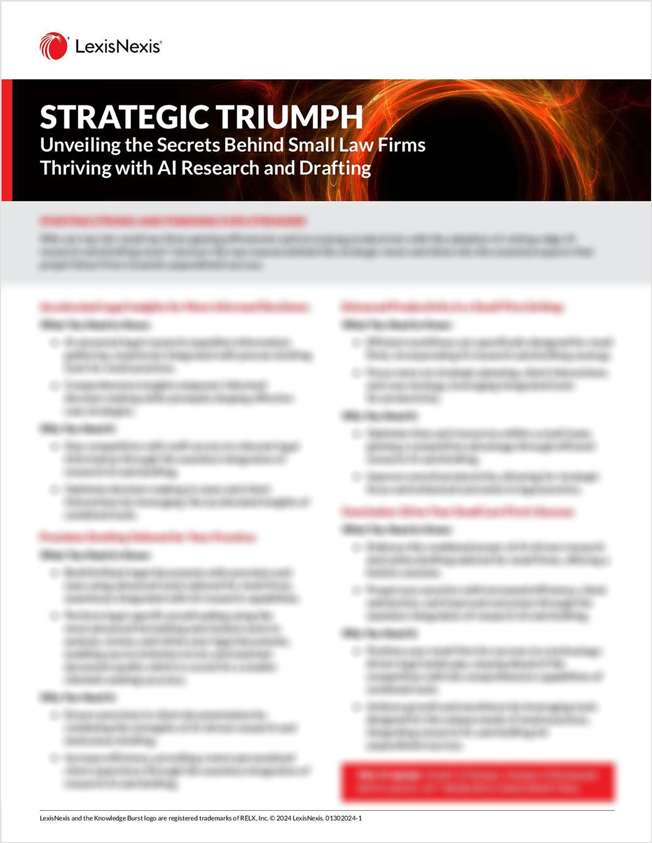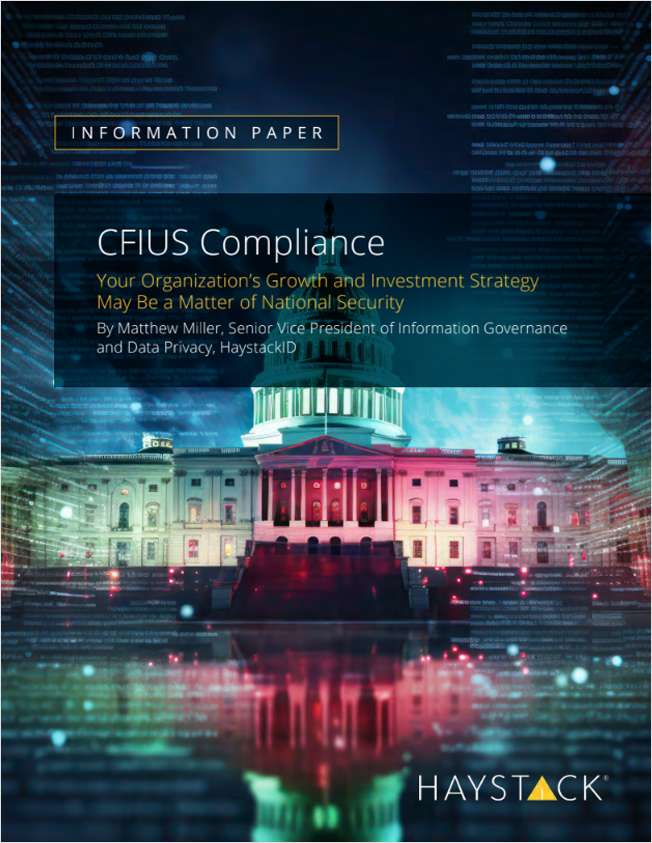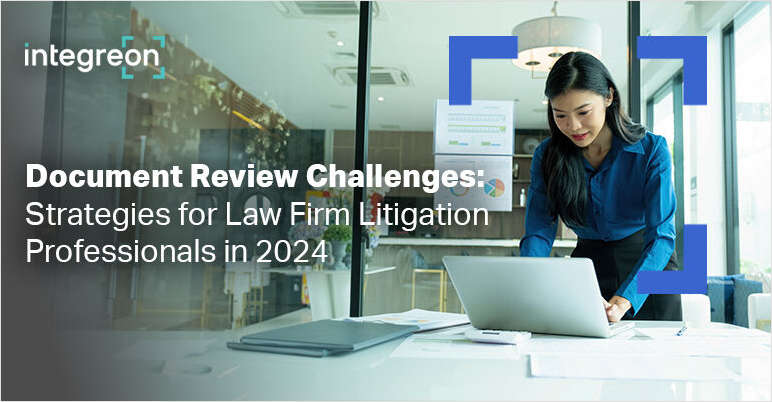0 results for 'Wilentz, Goldman & Spitzer'

Town Prosecutors Can't Do Criminal Defense in County
Part-time municipal prosecutors who defend criminal suspects in the same county have until July 1 to decide which part of their practice they want to keep. A three-judge Appellate Division panel delayed until then its ban on lawyers wearing both hats, while prosecutors seek state Supreme Court review of the case, State v. Clark, A-5661- 96T4. It applies only to cases in which a defense lawyer's appearance was entered on or after July 1.
Examining Psychological Injury In the Workplace
Some employees can recover lost wages after resigning from work due to a mental condition caused by the employer?s actions.
Muhammad v. County Bank of Rehoboth Beach et al
A class-arbitration waiver in a consumer contract is unenforceable as being unconscionable; the public interest at stake in effectively pursing statutory rights under this State's consumer protection laws overrides the right to seek enforcement of the class-arbitration bar.

Trinity Church v. Atkin Olshin Lawson-Bell et al
Plaintiff's complaint alleging construction defects was properly dismissed because it was filed beyond the statute of limitations which, by contract, ran from the date of substantial completion, and because plaintiff failed to provide evidence of inequitable conduct by defendants.
New York Susquehanna and Western Railway Corporation v. Jackson
The Interstate Commerce Commission Termination Act does not pre-empt state regulation if it is nondiscriminatory and not unreasonably burdensome.
Cumberland Mutual Fire Insurance Co. v. Murphy et al
An equally divided Court affirms the Appellate Division decision that the exclusionary clauses in this homeowner's insurance policy, for "willful harm" or "knowing endangerment" and "knowing violation of penal law," do not exclude coverage for the injuries that resulted when the insureds' teenage son, while intentionally firing a BB gun at passing cars, struck a driver, blinding her in one eye, since the circumstances did not support a presumption that he harbored a subjective intent to injure anyone.
The Official Committee of Unsecured Creditors of Cybergenics Corporation v. Chinery, etc., et al,
Bankruptcy courts may authorize creditors' committees to sue derivatively to avoid fraudulent transfers for the benefit of the estate; Hartford Underwriters Ins. Co. v. Union Planters Bank, a Chapter 7 case that interpreted the text of 11 U.S.C. � 506(c) to foreclose anyone other than a trustee from seeking to recover administrative costs on its own behalf, does not operate to prevent the Bankruptcy Court from authorizing such suits; the judgment of the District Court is reversed.

The Official Committee of Unsecured Creditors of Cybergenics Corporation,
A creditors' committee may not assert fraudulent-transfer claims under 11 U.S.C. � 544 of the Bankruptcy Code; the plain language of � 544 and Hartford Underwriters, holding that an administrative claimant of a Chapter 7 bankruptcy estate does not have an independent right to bring suit under 11 U.S.C. � 506(c), allow only the trustee or debtor-in-possession to assert fraudulent-transfer claims, and a creditor or creditors' committee may not bring such avoidance actions derivatively; the dismissalTrending Stories
- 1A Law Firm Divided: How Generational Differences Are Fracturing Firms
- 2Generations Aren't Connecting, and It May Be Hurting Law Firms
- 3Skadden's Reputation Remains Sterling. So Why Are Partners Leaving?
- 4A Look at Law Firms' Intergenerational Communication Breakdown
- 5Law Firms Favor One Generation Over Others. Do Legal Professionals Mind?
Featured Firms
Law Offices of Gary Martin Hays & Associates, P.C.
(470) 294-1674
Law Offices of Mark E. Salomone
(857) 444-6468
Smith & Hassler
(713) 739-1250
More from ALM
- Morgan & Morgan Class Action Attorneys Detail Pathway to Success Within Cybersecurity and Data Privacy Practice 1 minute read
- Holwell Shuster & Goldberg Partners Leverage 'Hostile' Witnesses to Secure $101 Million Verdict Against Walmart 1 minute read
- Legal Speak at General Counsel Conference Midwest 2024: Mike Andolina, Partner, White & Case 1 minute read
Resources

Driving Value with Better Decision-Making: A Governance Maturity Checklist
Brought to you by Diligent Corporation
Download Now

Strategic Triumph: Unveiling the Secrets Behind Small Law Firms Thriving with AI Research and Drafting
Brought to you by LexisNexis®
Download Now

CFIUS Compliance: Your Organization's Growth and Investment Strategy May Be a Matter of National Security
Brought to you by HaystackID
Download Now

Document Review Challenges: Strategies for Law Firm Litigation Professionals in 2024
Brought to you by Integreon
Download Now



